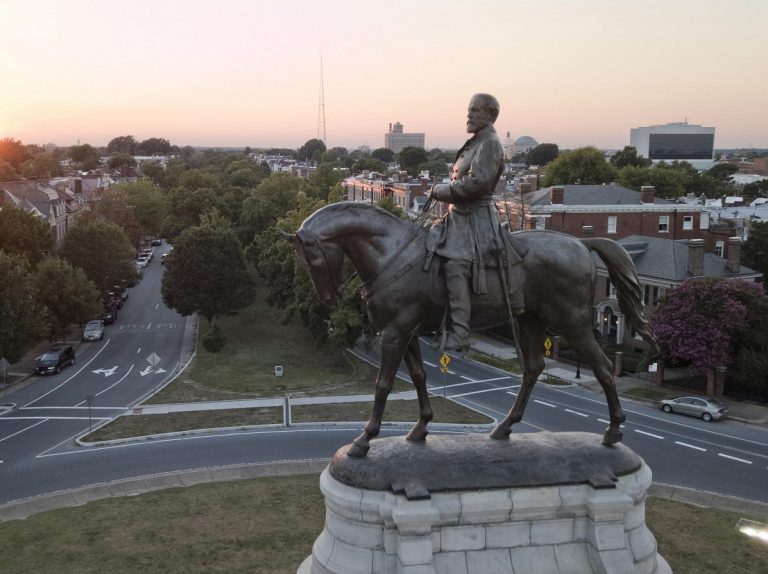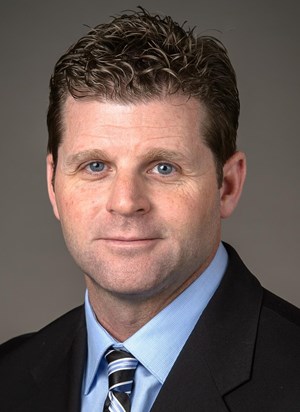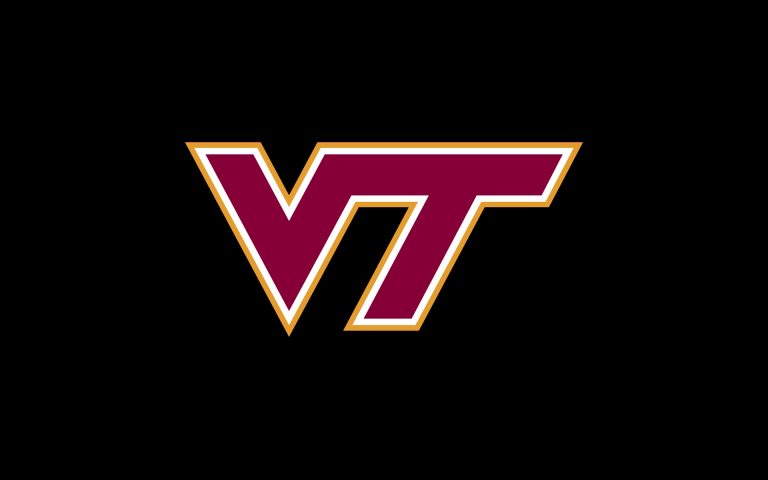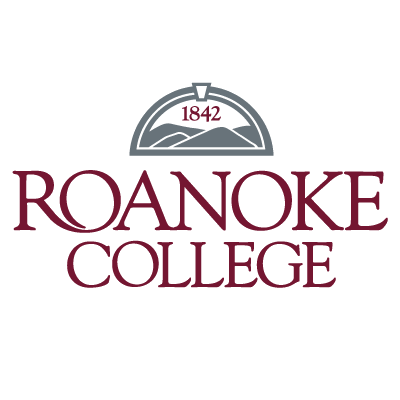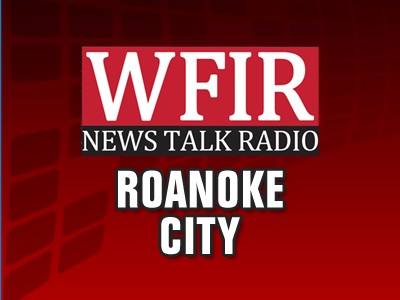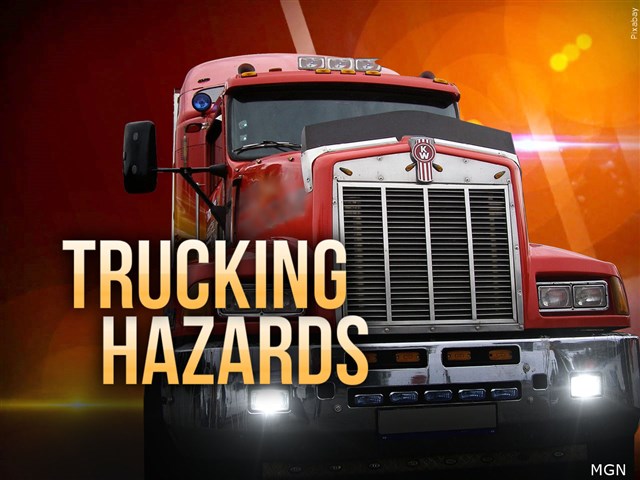A northern Virginia library has removed a display that placed the Bible alongside two books activists have...
Across Virginia
An albino deer and her fawn were shot and killed illegally in Patrick county, and the sheriff...
NORFOLK, Va. (AP) – A World War II veteran who was the last surviving officer of “Easy...
An area professor is on his way to the Semi-Finals of a quiz show he has being...
RICHMOND, Va. (AP) A Virginia judge has issued a temporary injunction blocking the enforcement of a law...
Virginia Gov. Ralph Northam has announced that his administration will remove an enormous pedestal that until earlier...
Virginia Tech’s new head football coach says returning to Blacksburg is a dream come true. WFIR’s Clark...
A Virginia Tech insider is reacting to the Hokies hiring Penn State’s Defensive coordinator to be their...
The Virginia Index of Consumer Sentiment (VAICS) continued to slide, falling 2.6 points over the final quarter...
ROANOKE, Va. – Sean Denzel Guerrant, a Roanoke man who led the Rollin’ 30s Crips in Roanoke,...
A recent state police truck safety enforcement operation on Interstates 81and 77 found about 7% of trucks...
NORFOLK, Va. (AP) – A university professor in Virginia has announced they’ll resign in the wake of...
The Roanoke Times might be changing ownership. Hedge fund Alden Global Capital, one of the country’s largest...
RICHMOND, Va. (AP) — A Maryland woman has been sentenced to 45 months in prison for her...
ROANOKE, Va. (AP) — A former Virginia doctor has been sentenced to three years in prison for...

